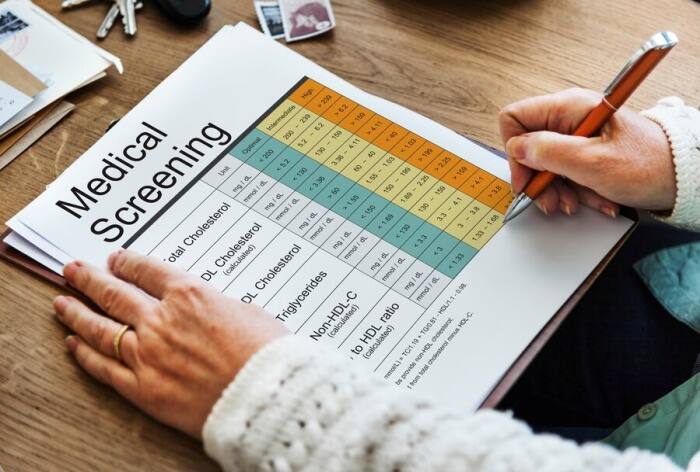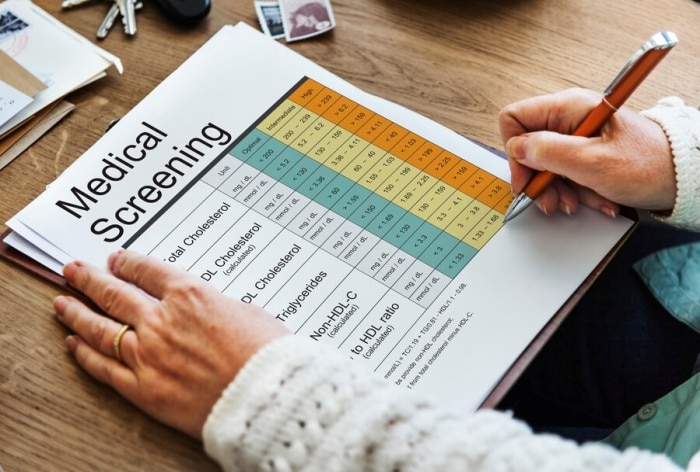According to a recent study, a new vaccine may help lower LDL levels. Read on to know more about the findings of the study.

Researchers have developed a new vaccine that could be a game-changer, providing an inexpensive method to lower “bad” LDL cholesterol, which creates dangerous plaques that can block blood vessels. High cholesterol contributes to a higher risk of cardiovascular diseases, such as heart disease and stroke. Worldwide cardiovascular diseases claim nearly 18 million lives every year, according to the World Health Organization.
The new vaccines, detailed in a paper published in the journal npj Vaccines, lowered LDL cholesterol almost as effectively as an expensive class of drugs known as PCSK9 inhibitors.
“We are interested in trying to develop another approach that would be less expensive and more broadly applicable, not just in the US, but also in places that don’t have the resources to afford these very, very expensive therapies,” said Bryce Chackerian, Professor in the Department of Molecular Genetics and Microbiology, at The University of New Mexico (UNM).
The PCSK9 monoclonal shot targets the PCSK9 protein. Basically, the more PCSK9 the body makes, the higher the LDL cholesterol will be.
Cardiologist Abinash Achrekar, vice chair and professor in the UNM Department of Internal Medicine said the twice-monthly injections to block that protein reduce his bad cholesterol by about 60 per cent, but they are expensive and require prior authorisation from a primary care doctor or cardiologist.
To make it more affordable, the team created a new vaccine that specifically targets PCSK9.
“The vaccine is based on a non-infectious virus particle,” Chackerian explained. “It is just the shell of a virus, and it turns out that we can use that shell of a virus to develop vaccines against all sorts of different things.”
In this case, Chackerian said he stuck tiny pieces of the PCSK9 protein to the surface of these virus particles.
“So, your immune system makes a really strong antibody response against this protein that’s involved in controlling cholesterol levels,” he said.
“In the animals that we vaccinated, we see strong reductions in cholesterol levels — up to 30 per cent — and that is going to be correlated with reduced risk of heart disease.”
Over the past 10 years, the vaccine has been tested on mice and monkeys with promising results. Chackerian said the next step is to find funding to move into vaccine manufacturing and clinical trials with humans. That process can take years and several million dollars, but it is worth it to develop a vaccine that is pure, safe and affordable.
He estimates his vaccine could be cheaper than $100 per dose because it is made with a simple and relatively inexpensive bacteria.
“We’re thinking tens of dollars a dose,” he said, and each dose would remain effective for close to a year.
“We hope to have a vaccine in people in the next 10 years,” he said.

